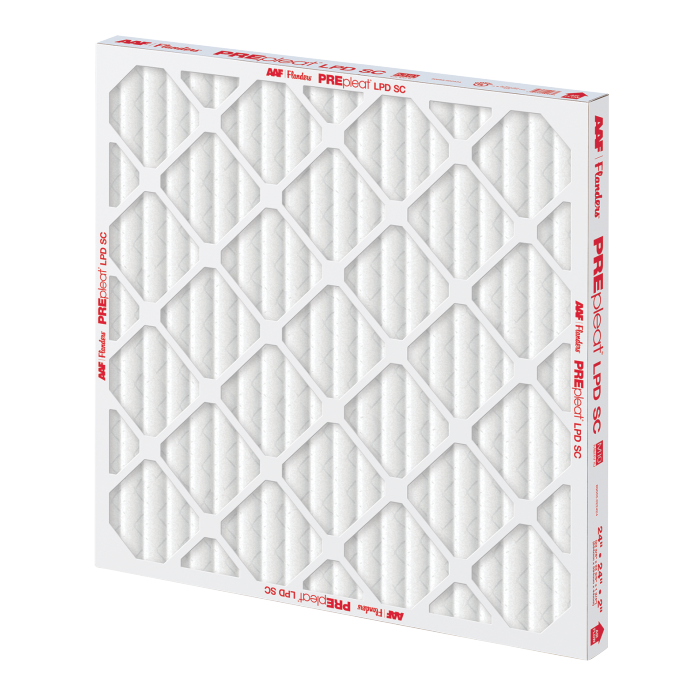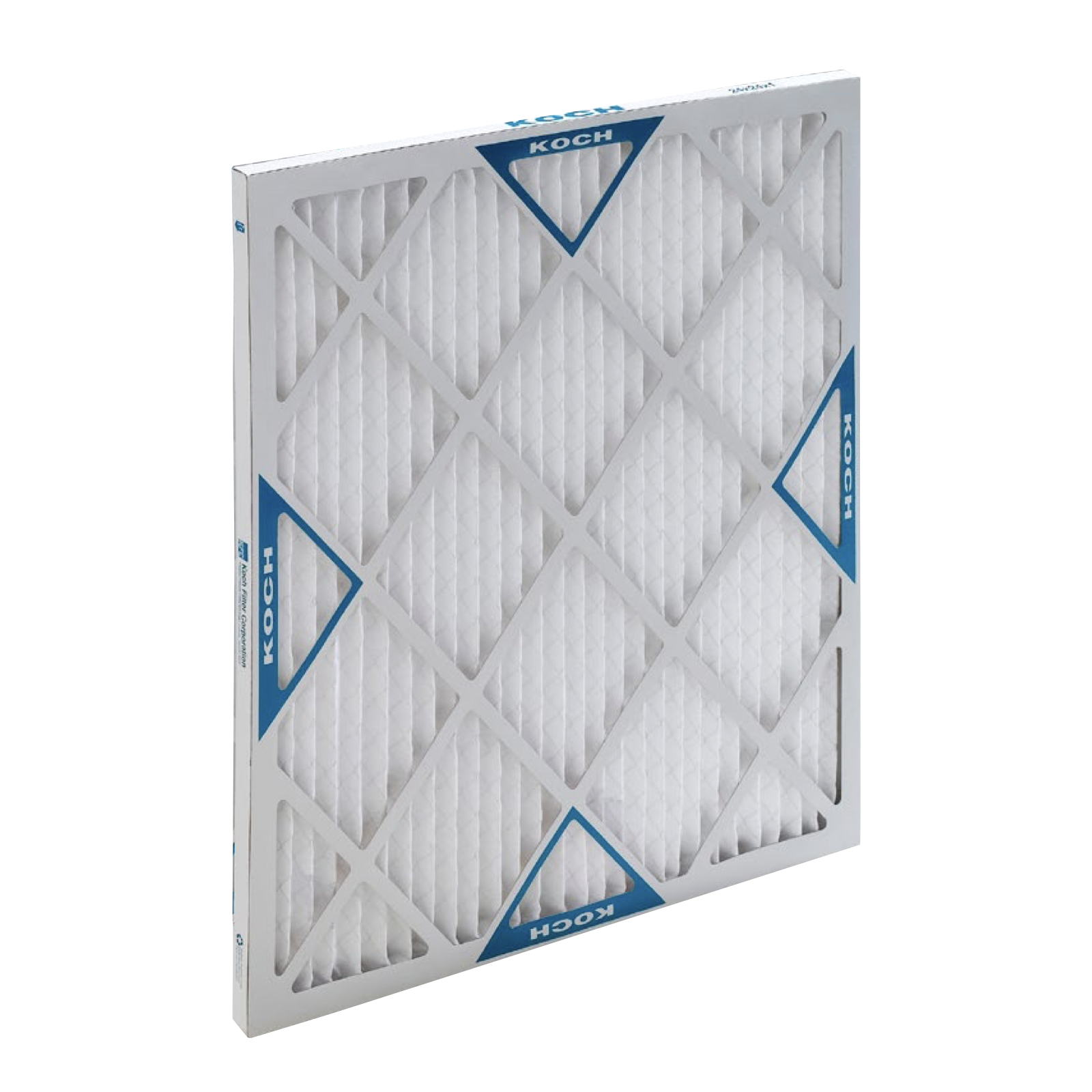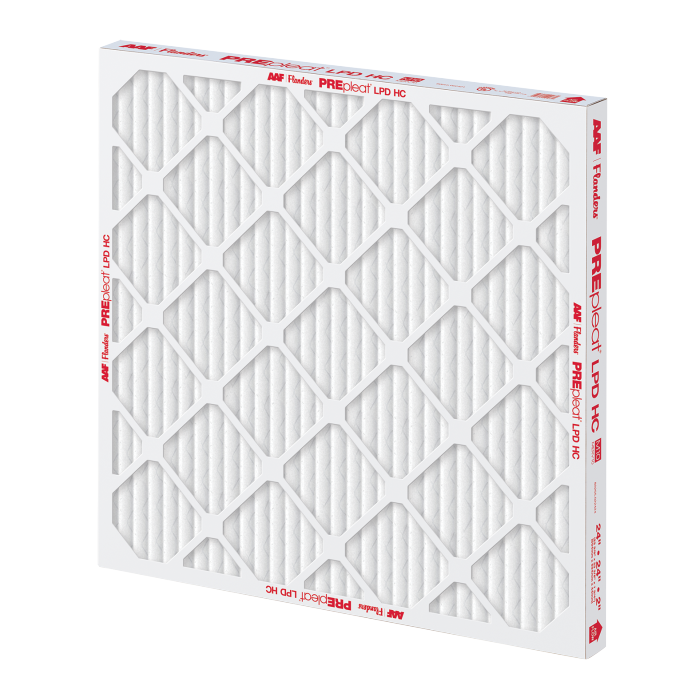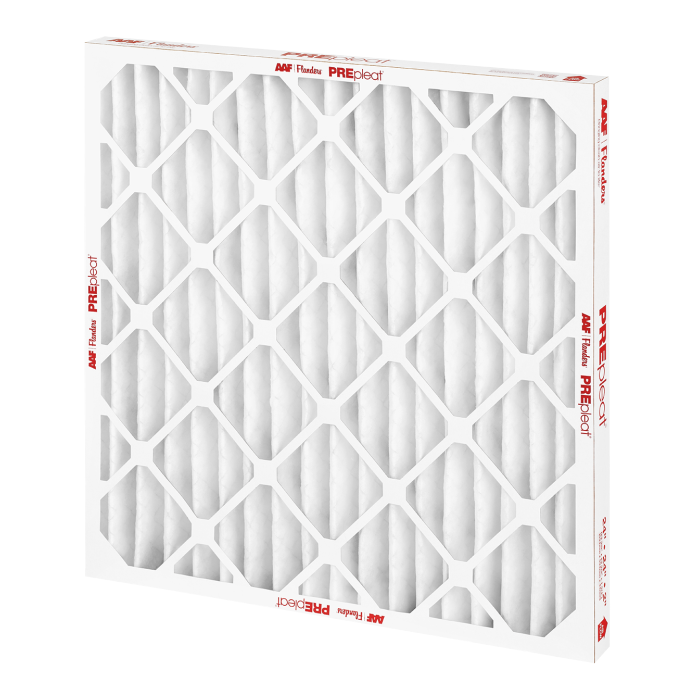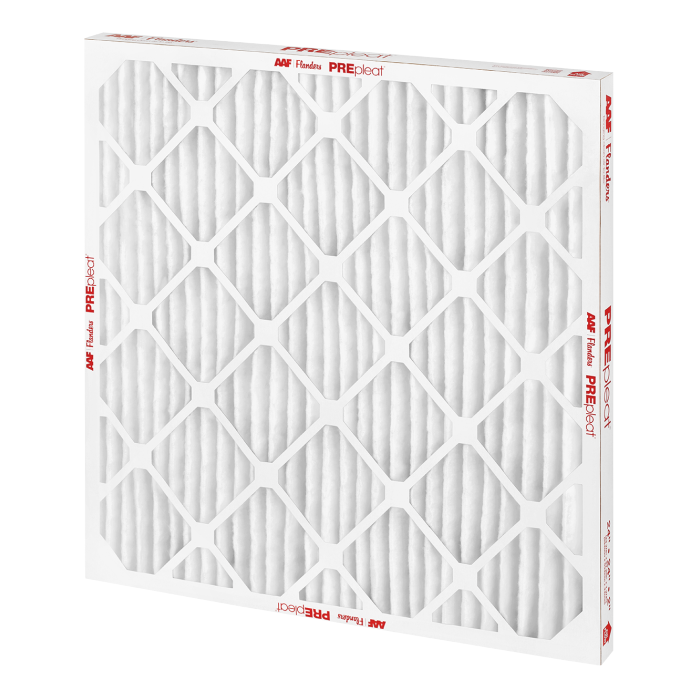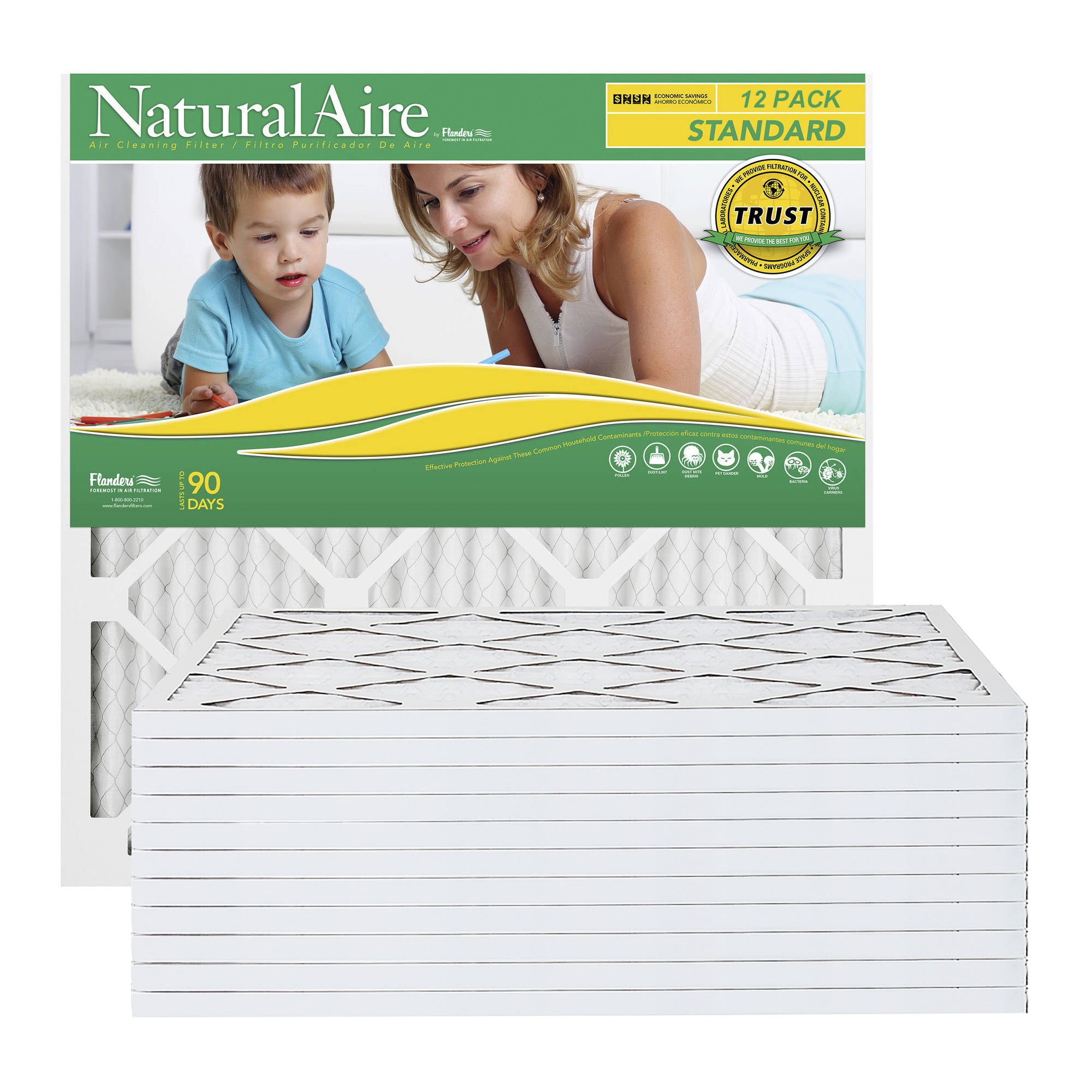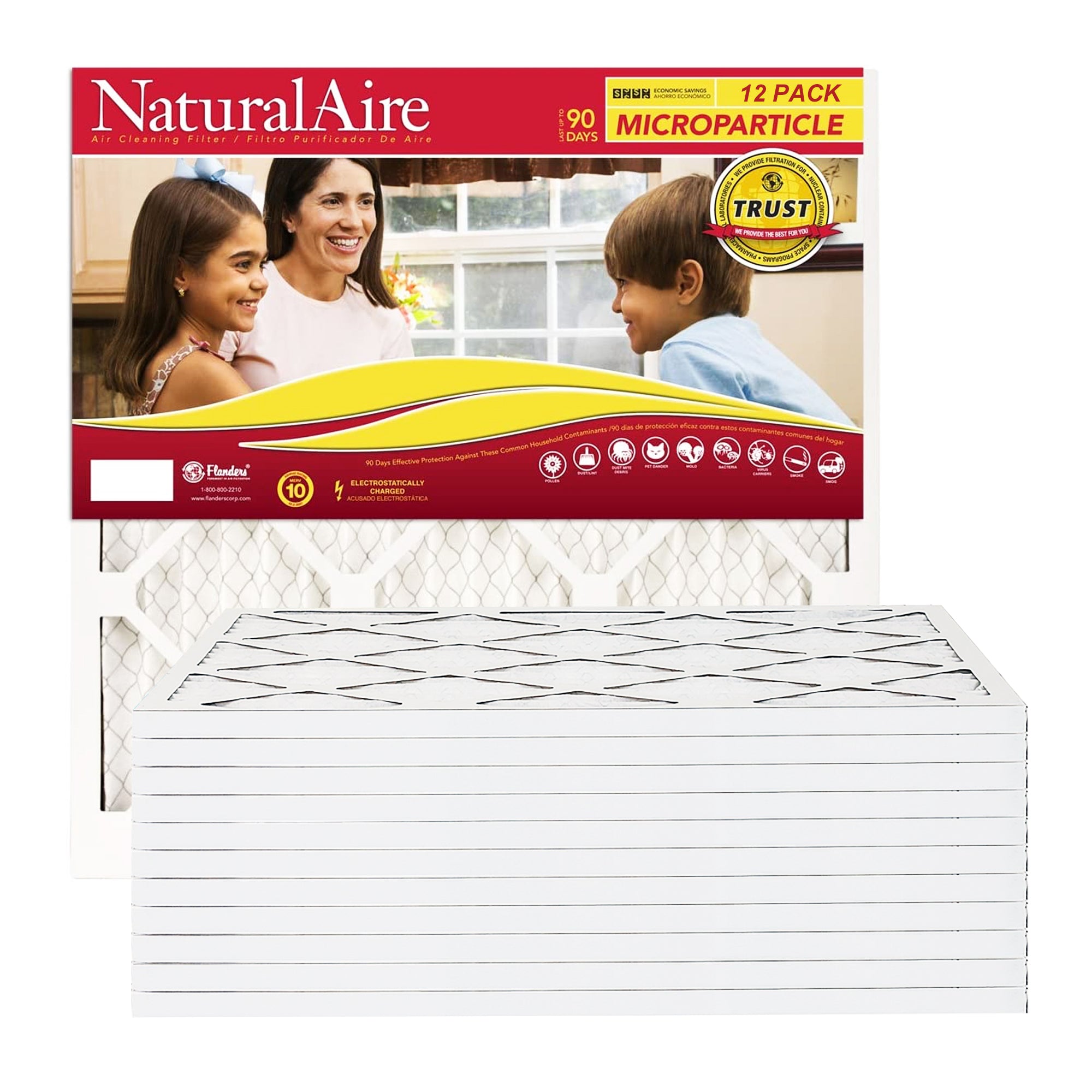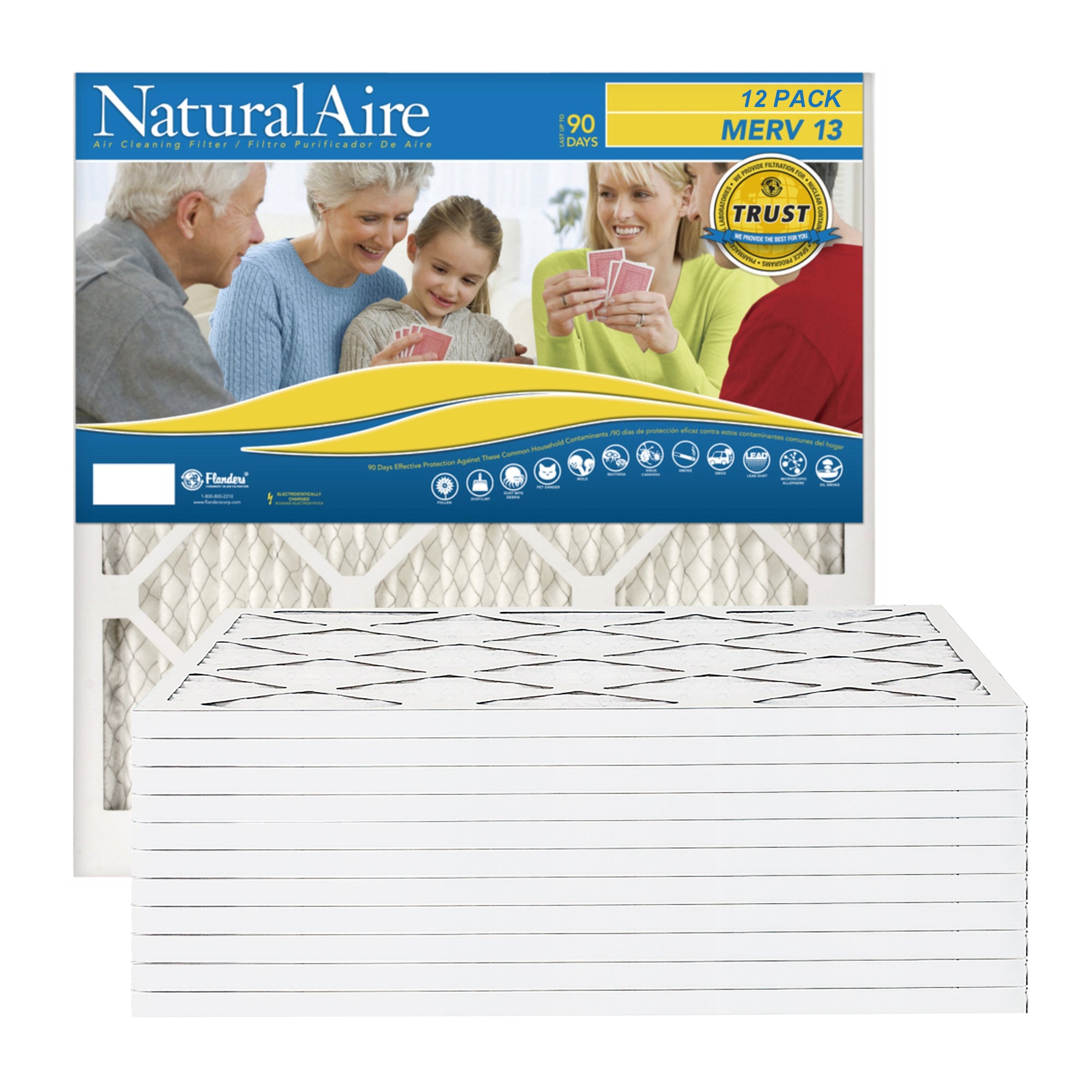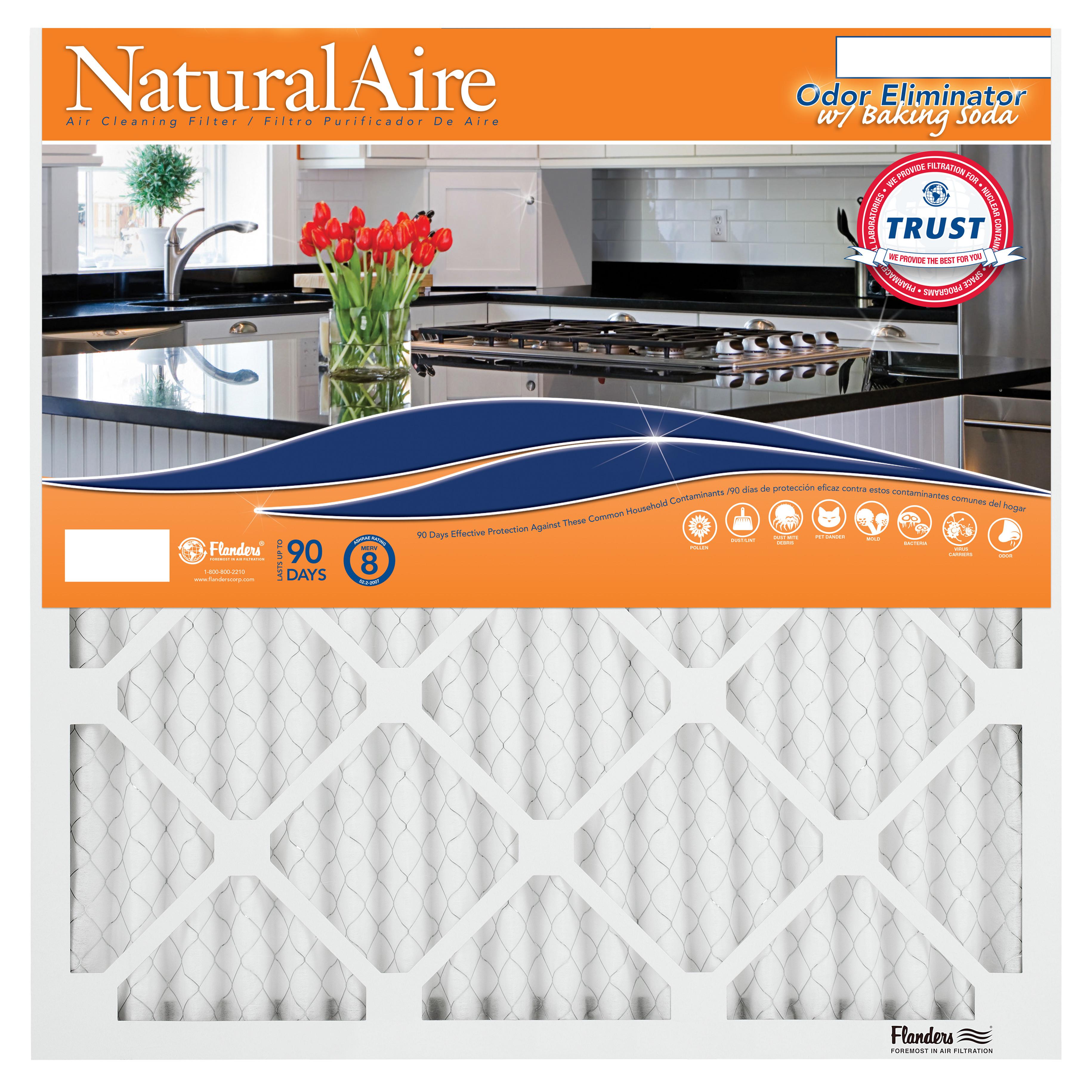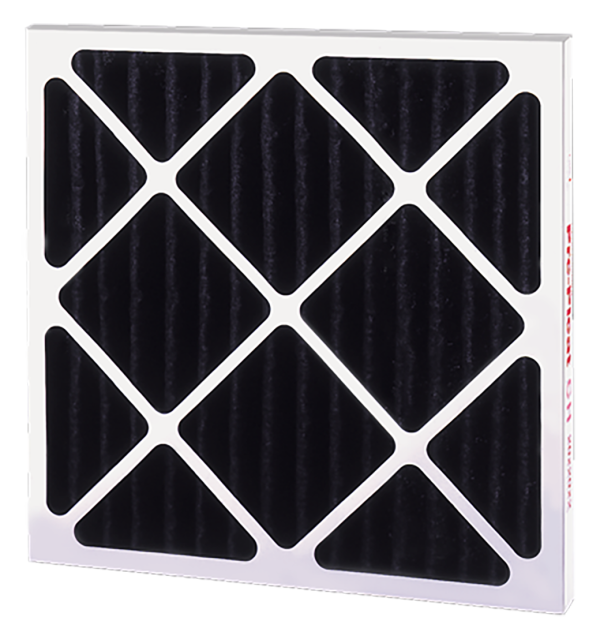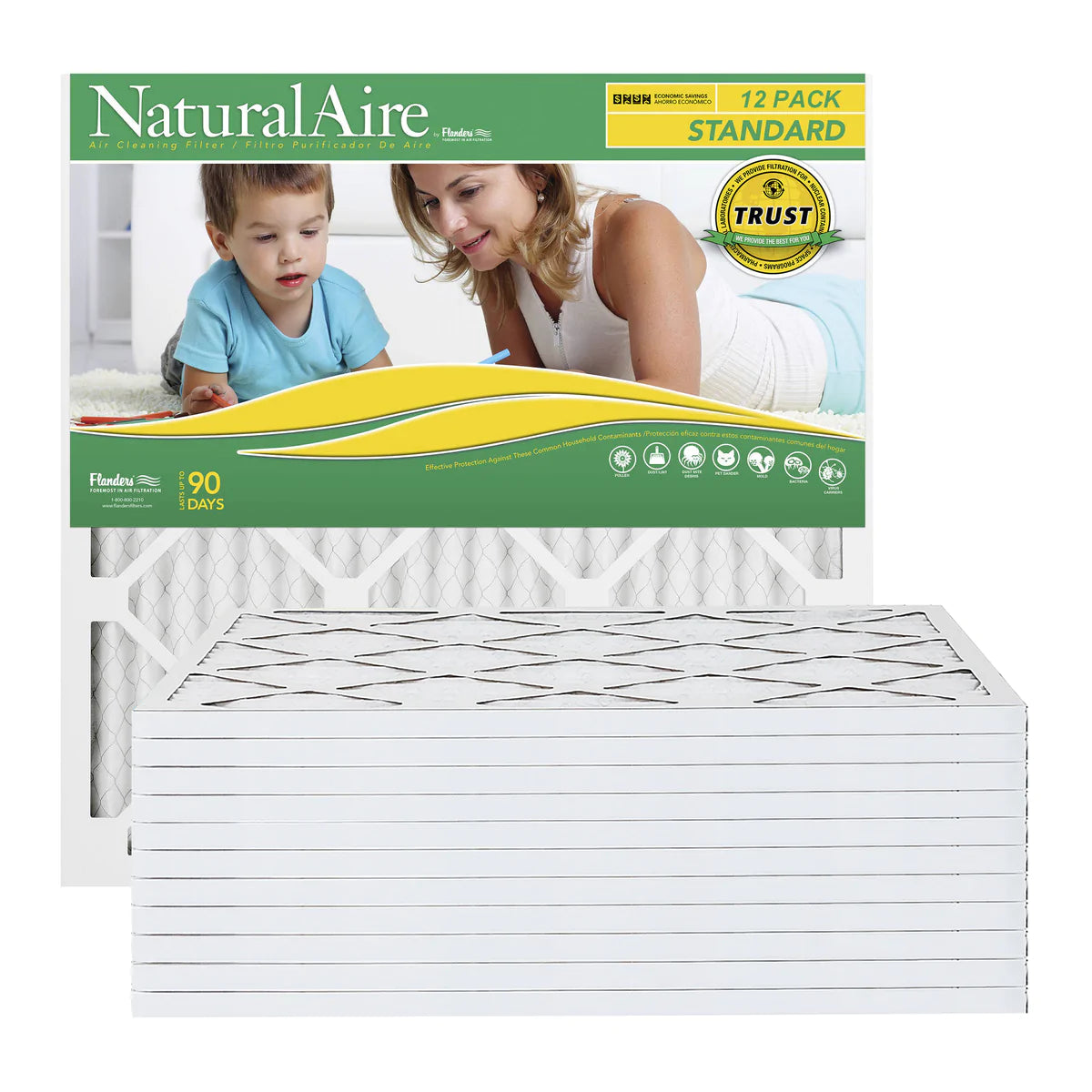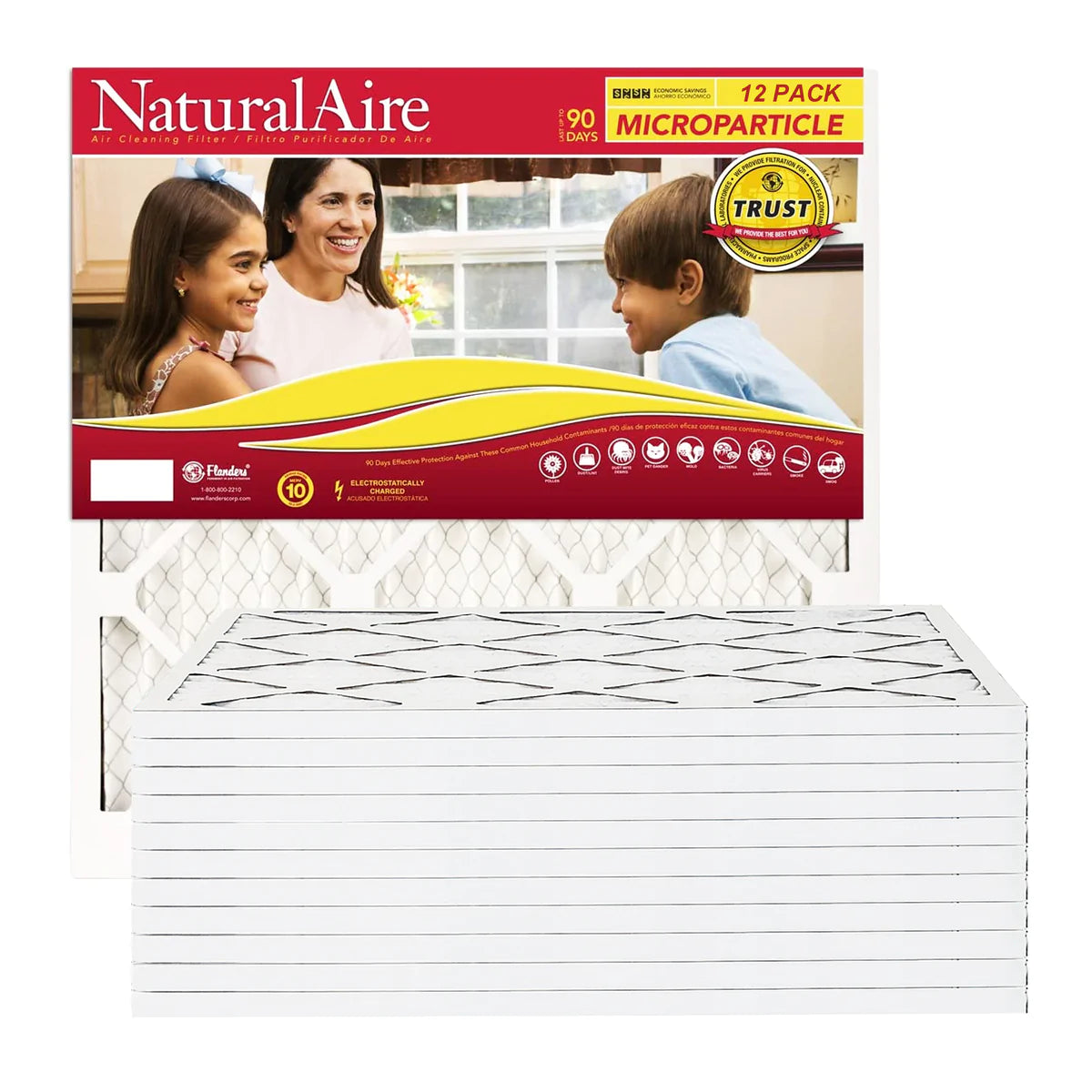Let’s play a game of word association. If I say “spider,” you would probably say “web.” To “ants,” you could go in a few different directions: perhaps “picnic,” maybe “sugar,” or possibly “ant farm,” though we submit that that’s kind of cheating. We get to “cockroach,” however, and your answer is most likely no word at all—just a grimace, a shudder, or a yelp of psychological discomfort.
There is perhaps no insect more viscerally repulsive than Periplaneta americana, the common American cockroach. We’re not being superficial here. Cockroaches disgust us because we know the health problems they pose. Cockroaches in our dwellings pose particular threats to our respiratory health. So why are cockroaches an indoor air problem? We’ll explain in today’s post—if you can stomach it.
Cockroaches Trigger Asthma
Asthma is a condition that involves the constriction of the airway. Mold, pollen, pollutants, tobacco smoke, and pet dander can all cause breathing problems in sufferers. Even stress levels and weather changes can lead to flare-ups. One of the most reliable triggers of asthma, however, is the detritus that cockroaches leave behind. As all arthropods do, cockroaches molt, sloughing off bits of their exoskeletons as they grow. This material contains enzymes that trigger the human immune system, causing the inflammation associated with asthma attacks.
Their Droppings Make You Sick
It’s not just the shedding you have to watch out for. Much like dust mites, another threat to your indoor air quality, voracious cockroaches eliminate in equal measure, and their waste contains harmful pathogens that make your air quality worse. Cockroaches can carry a variety of viruses, including typhoid fever and cholera. Because their waste matter is so tiny, an unfiltered HVAC system can unknowingly distribute microscopic airborne cockroach waste, making people very sick.
Other Allergy Symptoms
You don’t have to suffer from a full-scale asthma attack to have a poor reaction to the presence of cockroaches and their remnants. A major reason why cockroaches are an indoor air problem is that the presence of these enzymes and irritants can still trigger the familiar respiratory symptoms of an allergic reaction, such as a congested nose, watery eyes, postnasal drip, and chronic sneezing. What you suspect could be the common cold or the dreaded omicron variant may well be a reaction to a cockroach problem you didn’t know you had.
What Can We Do?
Cockroaches are ubiquitous but tend to affect those in dense urban environments and the temperate American South. If you suspect a cockroach infestation is affecting your health, you should take a two-pronged approach. Begin by seeking to stop the infestation with repellents and traps. The next step is to upgrade your air filter. Our Naturalaire furnace filters boast MERV ratings from 8 to 13—discriminating enough to intercept the cockroach debris that could be making you ill. When you hear “filter,” think of us.


